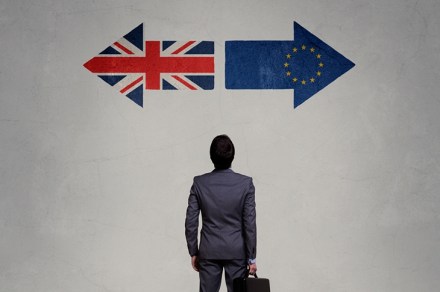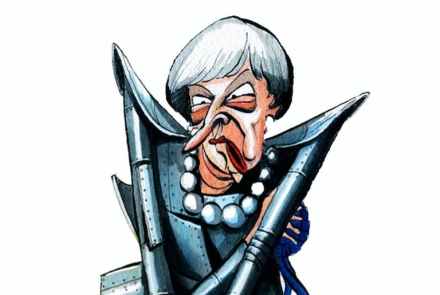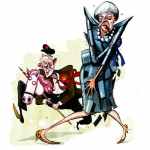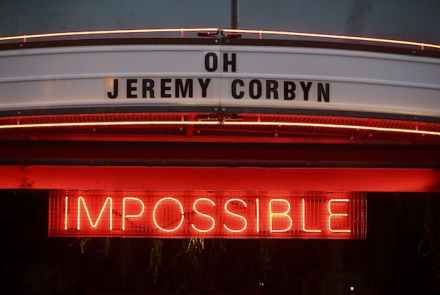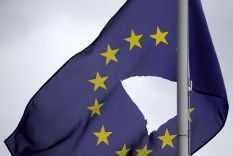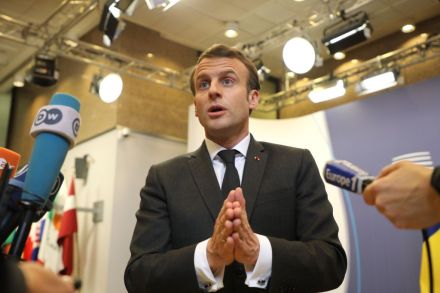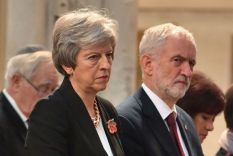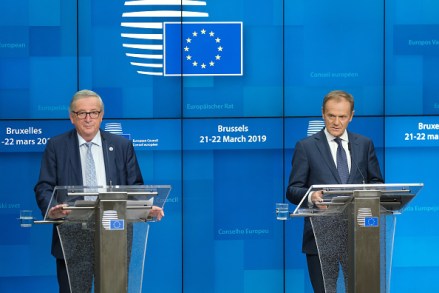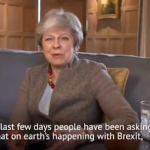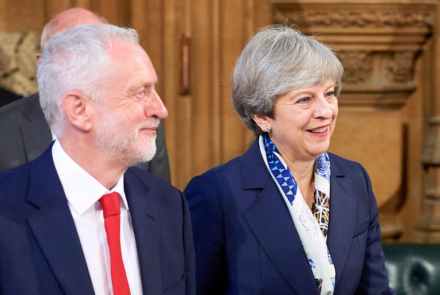What’s left for Brexiteers?
My first encounter with a plan to hold not one but two referendums on Britain’s European Union membership happened more than three years ago. At least two individuals were actively entertaining the idea. Both were Leavers. Dominic Cummings had proposed it in one of his blogs. Boris Johnson had not publicly endorsed such a thing, but (I know) was discussing it with interest privately. The thinking, as I recall, was similar in both cases. The first referendum would be the one we then faced: asking voters for a yes or no to the idea that in principle we should quit. If the result was Remain, we’d remain. If Leave, there
